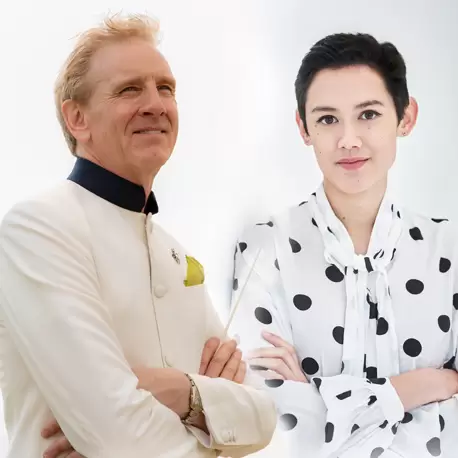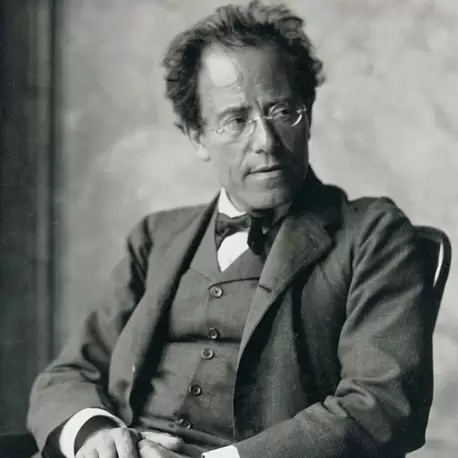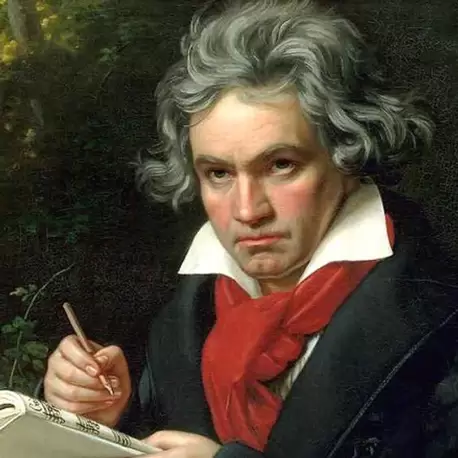(Many of) Classical Music’s Greatest Hits
Pabellón de Sun Valley 300 Dollar Rd, Sun Valley, Idaho, Estados UnidosDon’t miss this evening of audience favorites! The celebratory program kicks off with John Williams’ iconic Olympic Fanfare, followed by Johann Strauss Jr.’s Blue Danube, recognizable from the movie 2001: A Space Odyssey. Associate Conductor Stephanie Childress will then lead the orchestra through Wagner’s thrilling Ride of the Valkries and Rossini’s William Tell overture. The blockbuster program concludes with Ravel’s stirring Boléro.


